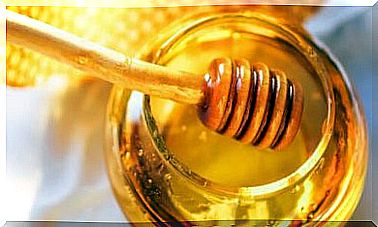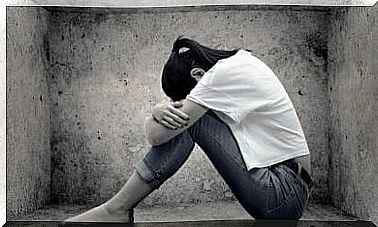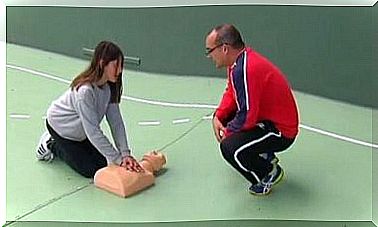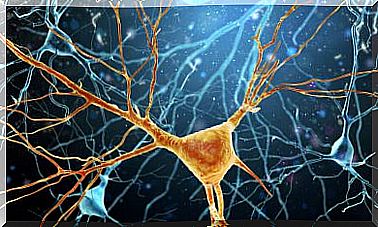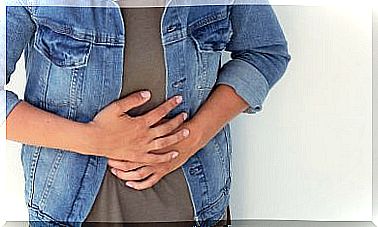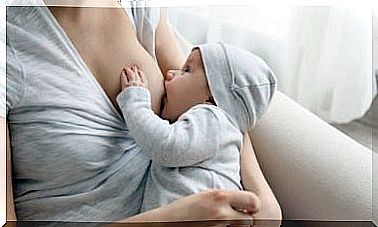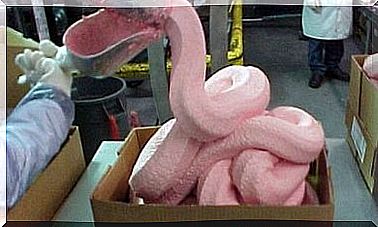Why Do People Get Fat Even If They Eat Little?
Have you ever wondered why many people gain weight even if they eat little? You probably also know someone who gains weight despite following a strict or healthy diet. Well, often the explanation for this event lies primarily in the metabolism of the person in question.
The fact of gaining weight or losing weight is a simple mathematical question, that is, calories that go in minus the calories that go out. However, the 2 variables that make up this equation can be altered by a multitude of factors. We invite you to learn more about it below.
Why are there people who get fat even if they eat little? What does it depend on?
Considering the equation that we have just mentioned, if the calories ingested are reduced, it is likely that there will be a weight loss. However, there are cases in which said reduction in calories in the diet is not enough for the caloric balance to be negative and, therefore, the individual reduces their body mass. In these circumstances the problem lies with the other variable in the equation: the calories that are expended.
As a publication in the European Journal of Clinical Nutrition points out , this variable is highly dependent on muscle mass and its tone. Thus, individuals with poor muscle mass values have very low energy expenditure at rest.
The amount of calories that they should ingest throughout the day to lose weight or maintain their weight is so poor that they would need to carry out a diet with a low volume of food, which would seriously condition their adherence. In these cases, the individual will abandon the diet shortly after starting it.
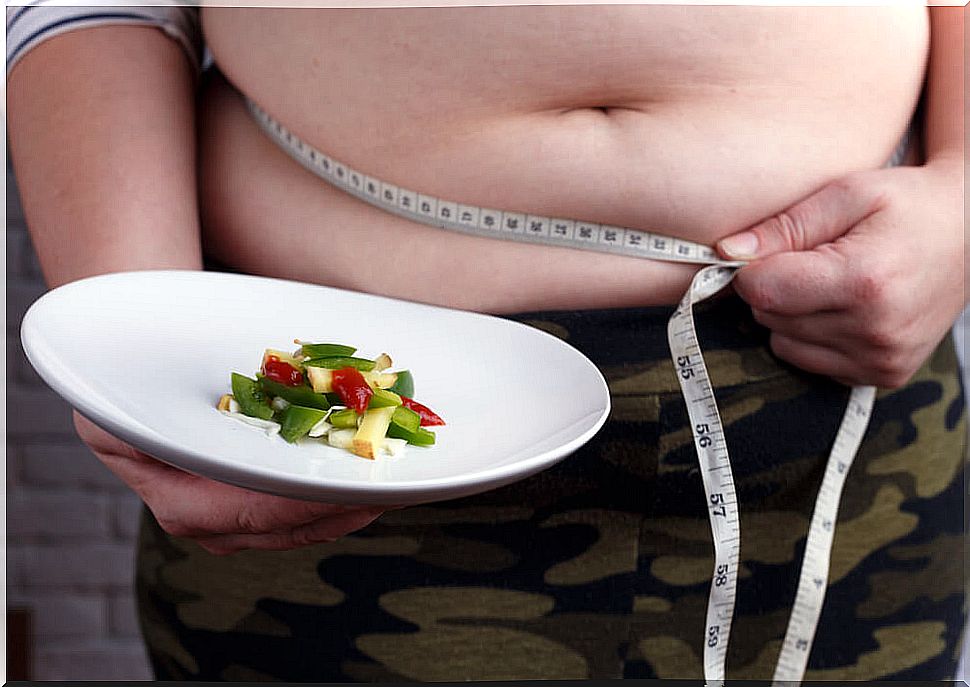
And what about athletes?
The opposite case happens for example in elite athletes. The high values of muscle mass allow them to eat large amounts of food and not gain weight. There are cases in which they even lose weight.
That said, it is quite clear that in people with metabolic expenditure problems the key to weight loss lies more strongly in exercise than in diet.
While it is true that the training routine can be accompanied by a dietary pattern that maximizes results, such as intermittent fasting, increasing muscle tone becomes crucial when planning weight loss.
In these situations it is interesting to adopt and maintain a varied diet, in which several positive strategies to lose weight predominate. For example, maintaining the variety of fruits and vegetables and prioritizing the consumption of fish over meat.
The microbiota plays a special role
It can happen, in the case of people who eat little and cannot lose weight, that there is a basic metabolic problem. Changes in the composition of the intestinal microbiota can generate a tendency to accumulate lipids and defects in food metabolism, according to an article published in the journal Advances in Nutrition.
In fact, it has been experimentally proven in mice that stool transplantation from an obese individual to a lean one causes additional weight gain. For this reason, it is crucial to take care of the health of the microbiota or intestinal flora through the intake of fermented dairy products and soluble fiber. Avoiding artificial sweeteners, trans fats, and large amounts of sugar are also effective strategies.
You have to be realistic when assessing your diet
Despite all that has been said, there is a last case that may represent a bias in people who eat little and gain weight. These are people who underestimate the calories in their diet (very typical in endomorphic morphotypes). This situation occurs when the individual believes they eat far fewer calories than they actually ingest.
This occurs because it does not take into account the bread that is eaten as an accompaniment, the sauces, the alcohol, the amount of oil with which it is seasoned, and so on. Missing these details can lead to the belief that people gain weight even if they eat little because the diet is not effective.
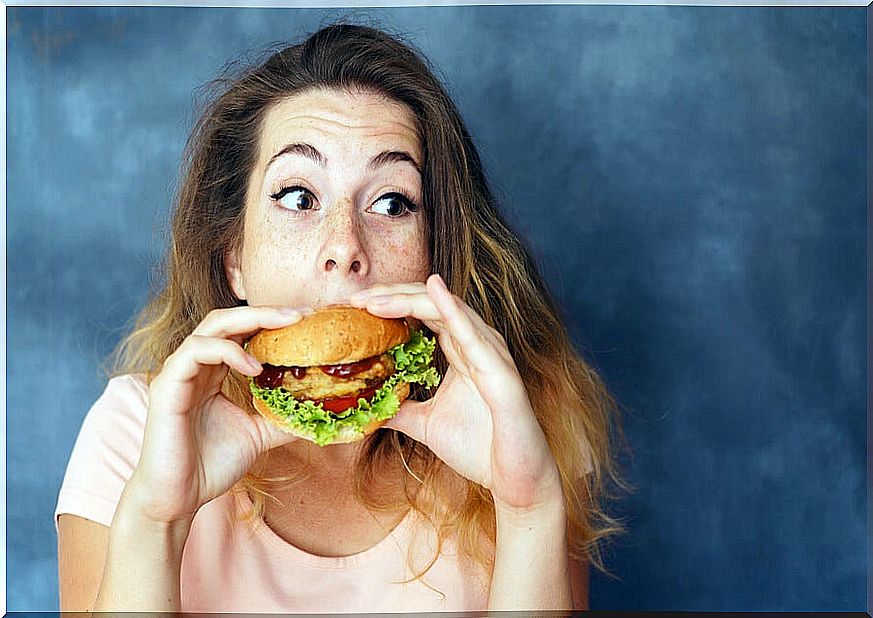
Possible solutions
On many occasions intermittent fasting is very favorable for weight loss. With this protocol, we avoid underestimating food, drastically reducing the calories ingested. There are several methods to carry it out, but it is best to consult a nutritionist before doing so.
The professional can determine how to carry out this type of regimen, and if it is convenient, taking into account the health status, age and other factors of each person. Likewise, it is advisable to adopt a training routine and avoid excess junk or processed food so that the diet does not lose quality.
Finally, the supplementation with pre and probiotics can be evaluated in order to increase the diversity of the intestinal flora.
Diet and exercise to lose weight
Weight loss is the result of a sum of factors that must be combined to obtain the expected values. Diet is a fundamental part, but exercise is as much or more so.
Therefore, to reduce those extra kilos, it is necessary to increase energy expenditure at rest thanks to the increase in muscle tone (and the exercise carried out to reach this situation), together with an adequate dietary plan that accompanies it. The best time to start exercising and dieting is now!
